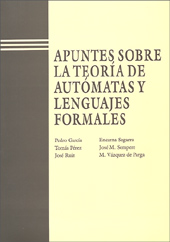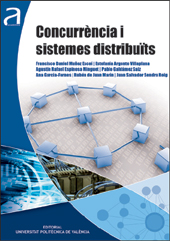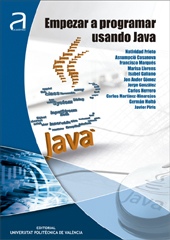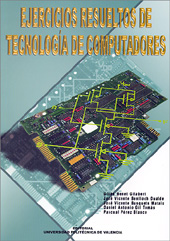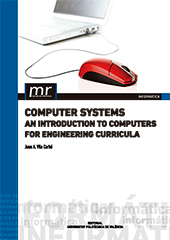| Vila Carbó, Juan A. |
Doctor Ingeniero Industrial (Ing. 1985, Dr. 1994) por la Universidad Politécnica de Valencia (UPV). En la actualidad es Catedrático del Área de Arquitectura y Tecnología de Computadores (desde 2002). Su dedicación docente de 1986 a 2004 se centró en las titulaciones de Informática de la UPV. A partir de 2005 pasa a ocuparse de la docencia de la Informática y la Navegación Aérea de los grados y másteres de la rama de Ingeniería Aeronáutica de la UPV y, particularmente, en el Grado de Aeronavegación, en el que colaboró activamente en su creación y del cual es responsable. Su labor de investigación se ha centrado en el campo de los Sistemas de Tiempo Real en el que ha participado en diversos proyectos investigación nacionales y europeos que han dado lugar a 15 publicaciones en revistas, más de 50 contribuciones en conferencias y 4 tesis doctorales. Actualmente su investigación en esta área se ha especializado en los sistemas de aviónica y los sistemas de control de tráfico aéreo en los que colabora con otros grupos, especialmente de la Universidad Politécnica de Madrid. También colabora con AESA (Agencia Española de Seguridad Aérea) en temas de Vehículos Aéreos no Tripulados. |



